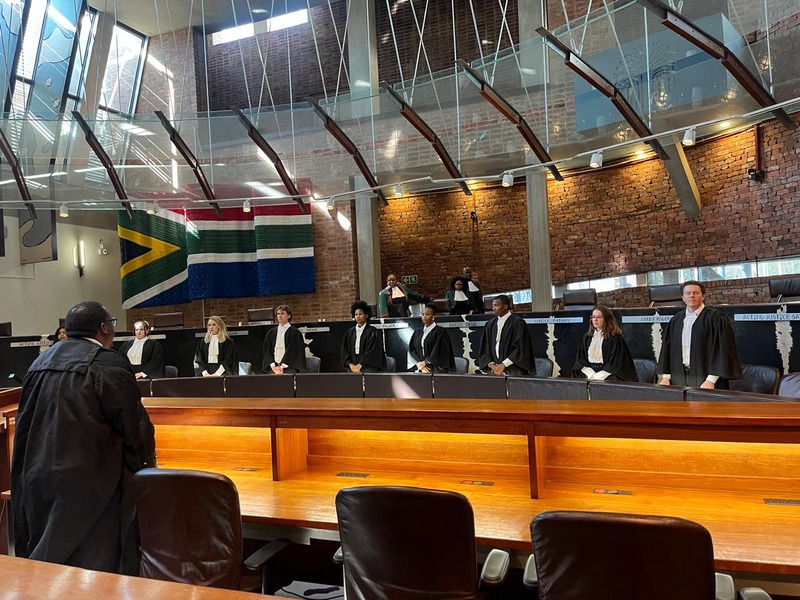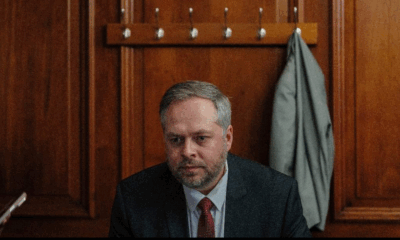News
Rand Manipulation Case: Why Experts Believe the Banks Could Walk Free

South Africans have waited nearly a decade to see accountability in the rand manipulation case, but legal experts warn the country may walk away empty-handed.
The Constitutional Court this week wrapped up hearings earlier than expected in the Competition Commission’s battle to prosecute more than a dozen banks accused of rigging the rand-dollar exchange rate. Judgment has now been reserved, leaving the future of the case hanging in the balance.
A decade of allegations
The saga began in 2017, when the commission referred a complaint against 28 local and international banks to the Competition Tribunal. The regulator alleged that, between 2007 and 2013, traders colluded through Bloomberg chatrooms and other messaging platforms to influence the value of the rand against the US dollar.
So far, only two institutions Citibank and Standard Chartered, have admitted guilt, paying fines in 2017 and 2023 respectively. The others, including household names like JPMorgan Chase, HSBC, FirstRand, Nedbank, Standard Bank, and Bank of America, continue to fight the allegations.
“They targeted our sovereignty, our rand”
In court, advocate Tembeka Ngcukaitobi, representing the Competition Commission, argued that the matter was nothing short of a “quintessential transnational cartel”.
“They targeted our sovereignty our rand, driven by profit,” he told the justices. “We are the only ones who have an interest in prosecuting them.”
Ngcukaitobi stressed that traders knowingly manipulated the exchange rate by posting or withholding quotes, shaping the market in ways that suited their interests while undermining South Africa’s economic stability.
The banks push back
The banks’ legal teams, however, dismissed the allegations, arguing that the regulator has failed to prove an overarching conspiracy. Their lawyers said that simply being present in a Bloomberg chatroom does not prove collusion, nor has the commission demonstrated clear intent or prior knowledge of wrongdoing.
For the banks, the case boils down to whether the Competition Commission has enough evidence to link informal trader chats to a coordinated effort to manipulate the currency.
Will the banks walk?
For market analyst Owen Nkomo of Inkuzi Wealth Group, the case may ultimately collapse under its own complexity. Speaking to SABC, he suggested the regulators and judges might lack the technical expertise required to unravel the intricacies of high-level forex trading.
“I think the banks are going to walk,” Nkomo said. “It’s a complicated case. It’s very technical as well. Trading itself is a very technical issue, and I believe that the people who are assessing this case don’t have enough experience, in my humble view, to make definitive decisions about the evidence that they have.”
The bigger picture: trust on the line
On social media, South Africans have expressed frustration that global banks may escape accountability yet again, even as ordinary people continue to feel the impact of inflation, unemployment, and a weak rand.
For many, the case has become a litmus test of South Africa’s ability to hold powerful international players accountable. If the banks walk free, critics warn, it could deepen the perception that ordinary workers and small businesses carry the costs of a broken system, while financial giants walk away untouched.
For now, the country waits. The judgment is reserved, but the stakes could not be higher, for competition law, for the rand, and for public faith in South Africa’s economic justice system.
The rand manipulation case is a legal and technical minefield. While the Competition Commission insists the banks colluded to undermine South Africa’s currency, analysts fear the complexity of the case may let the accused institutions walk away without consequence.
{Source: The Citizen}
Follow Joburg ETC on Facebook, Twitter , TikTok and Instagram
For more News in Johannesburg, visit joburgetc.com



























